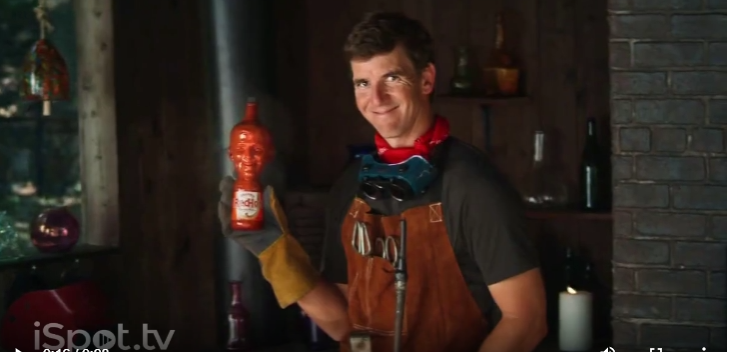|
Surprising. Memorable. Disruptive.
The best marketing has these three aspects in common. Even if you hit one of these three with a marketing campaign or effort, you will likely have a good return on your objective. If you hit all three, you will have a marketing homerun! Over the weekend, while watching football, a commercial came on for Frank’s RedHot sauce. I had never heard of Franks RedHot. However, the ad capitalized on several key marketing strategies.
In 14 seconds, Franks RedHot was surprising, memorable, and disruptive. While this strategy is controversial and not for every product or service, there remains key aspects to this strategy that can be harnessed for less dramatic campaigns. Frank's RedHot TV Commercial, 'Free Time' Featuring Eli Manning - iSpot.tv As engineers who design public infrastructure, we do not produce commercials or use celebrity endorsers. However, we do create marketing messages and craft a public image of who we are, what we do, and how we do it. We place advertisements in our client’s magazines and journals, sponsor events and conferences, maintain a website, post on social media, recruit new talent, and tell the stories of our clients and their projects. When doing these things, it is good to push ourselves in a more creative direction. If we can accomplish these marketing activities capturing attention through surprising, memorable, and disruptive strategies, we will also reap the benefits of great marketing. Most likely, the effect of better creativity will produce even more dramatic results in an industry that is plagued with sameness.
0 Comments
I’ve been reminded a few times lately that it is sometimes a good marketing decision to turn down work. Saying no to certain clients and projects is a good marketing strategy for several reasons.
The most common error many marketers and engineering professionals make when telling their company’s story is placing themselves in the role of hero. I cannot emphasize this enough; THE CLIENT IS THE HERO OF THE STORY! When you make yourself or your firm the HERO, the client loses interest in your story. Besides, when most other competing firms are making themselves the HEROS, you simply sound like everyone else. Nothing differentiates you or makes your story memorable. You are the GUIDE who assists the HERO.
You are Yoda and the client is Luke Skywalker. You are Itzhak Stern, the Jewish accountant, and the client is Oskar Schindler. The Scarecrow is an Architect; The Tinman is an Engineer; and the Lion is a Contractor; and our clients are Dorothy. So when you are telling the stories of your projects, the challenges and obstacles you have overcome, the problems you have solved, turn the story toward the client and talk about the challenges they overcame and the problems you helped them solve. This may take some extra courage to present to your leadership. For decades, the stories of A/E/C firms have been ego-centric placing our brilliant technical professionals as the HEROs of their own stories. This must flip! Besides, who doesn’t want to be Yoda! I highly recommend Donald Miller's, "Building A Storybrand" for more about this topic. |
AuthorGabe Lett, FSMPS, CPSM, LPC Archives
May 2024
Categories
All
The views and opinions expressed on this blog do not necessarily represent the views or opinions of Prairie Engineers.
|


 RSS Feed
RSS Feed